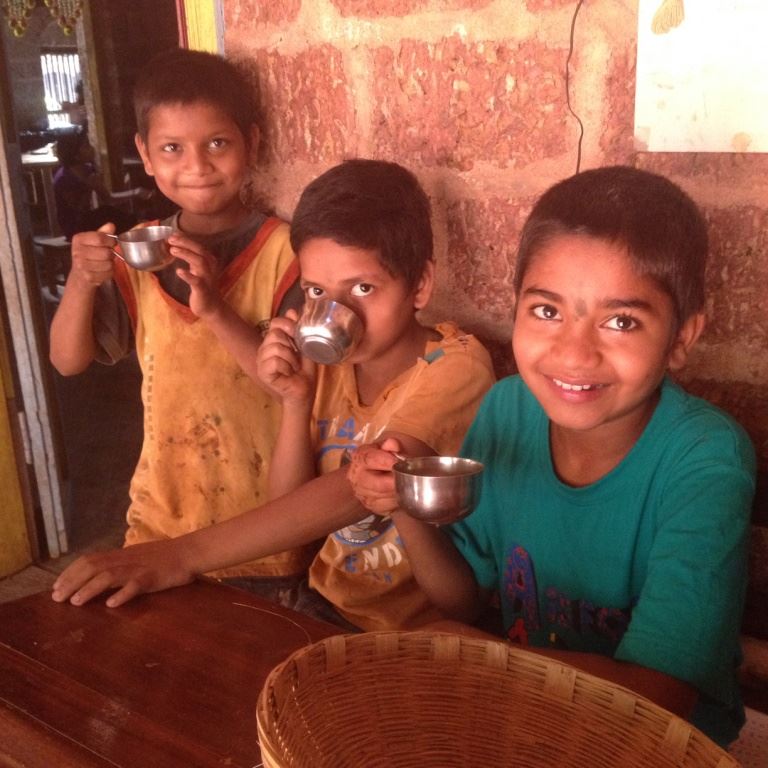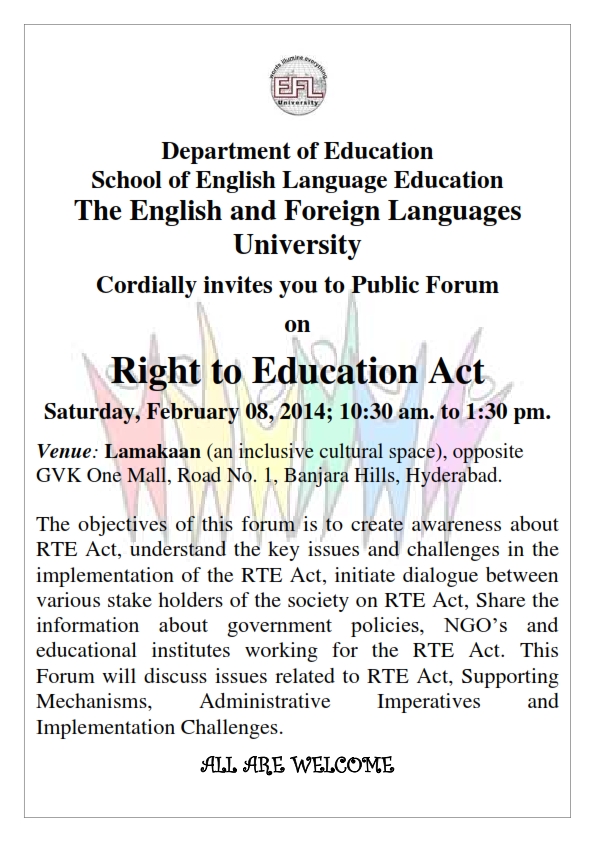Sachin Desai and his wife Meenal run “School without walls”. Because it is…. a school without walls, it doesn’t fit the vision the education fascists have of what is good for kids. Apparently, a child shelter is better. My rare visit to Facebook brought this heart breaking stunner.
Simo, Sonu and Ankush, three innocent children whose only crime was that their school did not have walls… and does not believe in walls.sexypreggosluts.com
Finally today our three little children Simo, Sonu and Ankush were taken away from us by CWC. I have no words to express our feelings. The silence here at Syamantak Schoolwithoutwalls speaks in itself.
When will this authorities realise there is a relation of this children with every single element here…Surabhi and Kaveri our cows, Billu the cat, farm, trees, soil and we the family of School Without Walls.
Children wept..the people who came to take them wept but this thick skin officers have no Dharma – of Humankind. They know law…in Marathi we say Kai (what) dya (u will give)..
Yet our daughter Mrunalini and our student Durga is not aware about this issue as she is in Bhopal. Few days back Mrunalini and Durga made handmade rakhis. Rakhis are sent by post from Bhopal. But when rakhis arrive at Syamantak School Without Walls her brothers won’t be there. Our children will be dumped into some government homes or some boarding.
We want to shout loud to these, bureaucrats, law makers, those candle lighting citizens who protest against the juvenile criminals. Please don’t blame these children if they become hardcore criminals in future. No law will stop this crime.
I and Meenal have lost in this struggle.
Alternative schoolers in India are denied the fundamental right of the child to choice of education. And being mostly laid back people absorbed in child centered activities, they lack the organization or instinct to fight while the education fascists tighten the noose around anyone they cannot assembly line into their idea of learning. It is distressing and the situation is invisible, yet dire, as individual alternative schoolers get picked of for not complying with the absurd RTE.
It is difficult for Sachin’s school to get recognition without serious bribery as things stand. It is difficult for me to understand why children nurtured in love and individualized attention need to be abducted by the state and put into childrens shelters along with the children rounded up off the streets, of necessity living in a mindset of survival without the luxury of morals as they thrive in the ugly underbelly of mankind.
And it is a matter of policy. As in the earlier case of the family of George Verghese running into the compulsory enrollment trap that I had reported on earlier, the problem isn’t the people running the system, it is the policies that hobble them from doing anything but the wrong thing.
Here are more updates:
Today early morning kids called us from the Bal Griha. (child refuge home) They are missing us. Tomorrow all senior students are going to visit them with lot of sweets, art books, and post cards to write letters. We have persuaded them that this is their learning journey. The way Mrunalini and Durga went to Bhopal to study Sanskrit. You are here to learn Marathi. It will take 1-2 months for us to register at Mahila Bal Vikas. Till that time kids will have to stay at Bal-griha. We have extended Mrunalini and Durga’s stay in Bhopal as they are unaware about this confrontation.
I wonder where we as an Indian community are heading to. It was our culture and teaching to parent and educate deprived child for creating better future. Many individuals, couples, ashrams, have been doing this in past. This Indian culture and perspective will get loss in this license raj and NGO culture. So long as you do not achieve social liberty, whatever freedom is provided by the law is of no avail to you.
What are we having this liberty for? We are having this liberty in order to reform our social system, which is full of inequality, discrimination and other things, which conflict with our fundamental rights.
Political tyranny is nothing compared to the social tyranny and a reformer who defies society is a more courageous man than a politician who defies Government.
History shows that where ethics and economics come in conflict, victory is always with economics. Vested interests have never been known to have willingly divested themselves unless there was sufficient force to compel them.For a successful revolution it is not enough that there is discontent. What is required is a profound and thorough conviction of the justice, necessity and importance of political and social rights.
[…]
Today Meenal visited the juvenile home. Supervisor of the home is very amazed to see our children’s conduct. These three children stand exceptionally different than other children. They discuss with the staff on how they learn through hands on work at School without Walls, and how they learn to stay in family.
We are very happy to know all these experience from the supervisor. These children have now started valuing the family tradition. Many such beautiful observations to mention.
Is this the world we want to build? Does a single reader here believe that a juvenile home can do a single thing better for these children than Sachin and Meenal who have made it their life’s work to nurture learning and a larger, inclusive philosophy on life?
I’m glad Rabindranath Tagore is dead and doesn’t have to see India brought to this low.
Where the spirit of the law bows before the letter, you cannot expect the law to bring good.












